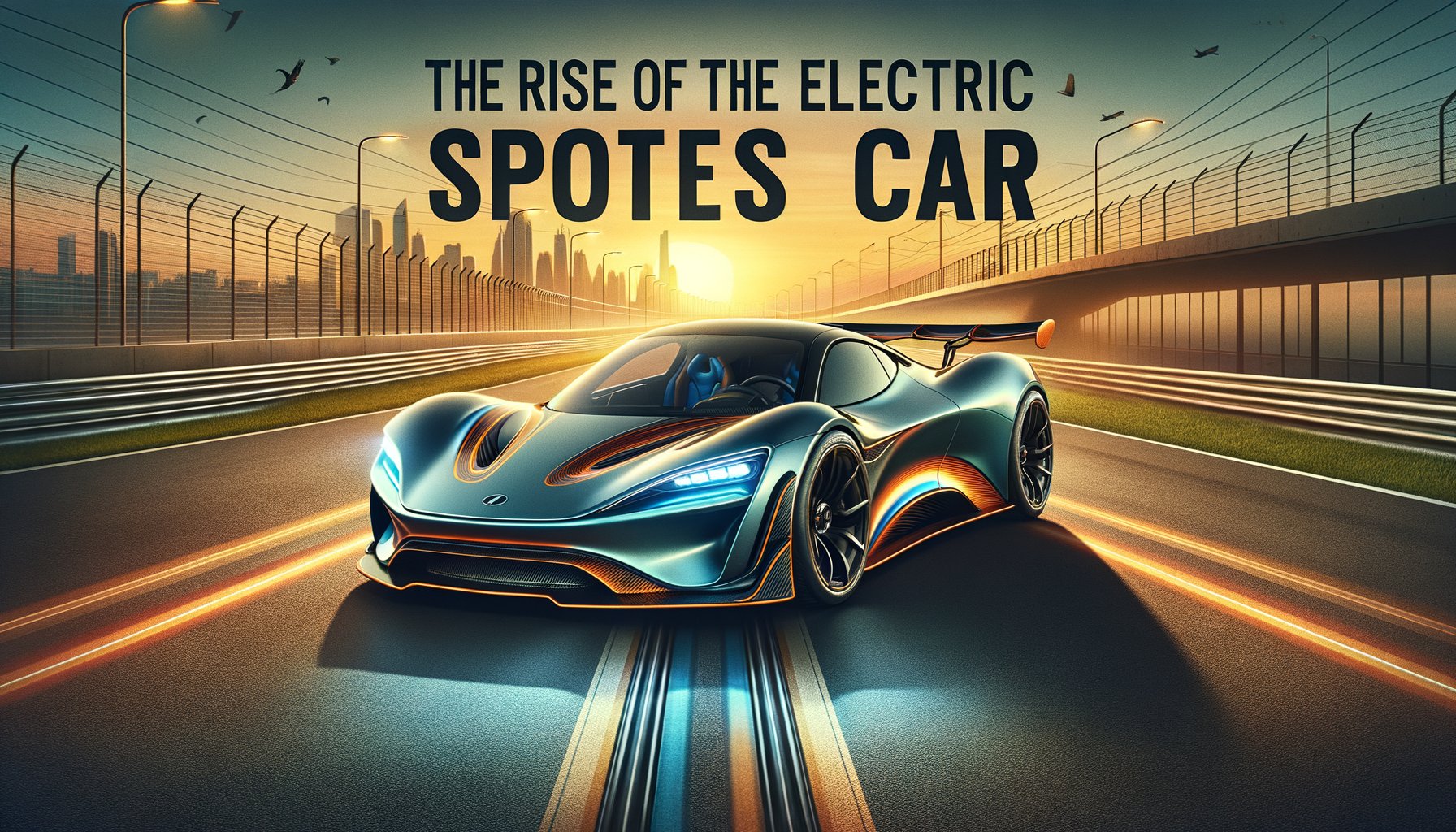Physical Address
304 North Cardinal St.
Dorchester Center, MA 02124
Physical Address
304 North Cardinal St.
Dorchester Center, MA 02124

Over the past decade, we’ve witnessed a paradigm shift in the automotive industry. This transformation has been catalysed by the rise of electric vehicles (EVs), with an emphasis on electric sports cars. These high-performance machines are not only eco-friendly, but they also offer exhilarating speed and cutting-edge technology that’s revolutionising our perception of sports cars.
The genesis of electric sports cars can be traced back to Tesla’s Roadster, which launched in 2008. This was the first highway-legal all-electric vehicle to use lithium-ion battery cells and the first production car to travel more than 320 kilometres per charge. It set a precedent for what an electric car could achieve in terms of performance and range.
Since then, other major automakers have followed suit, such as Audi with its e-Tron GT, Porsche’s Taycan Turbo S, and BMW’s i8. Even established sports car manufacturers like Ferrari and McLaren are developing their own versions of electric sports cars.
The primary allure of electric sports cars is their ability to merge environmental sustainability with high performance. Traditional petrol-powered sports cars are known for their roaring engines and rapid acceleration. However, they’re also notorious for their substantial carbon emissions.
In contrast, electric sports cars produce zero tailpipe emissions. They utilise energy stored in rechargeable batteries instead of burning fossil fuels. Yet despite this green approach, they don’t compromise on power or speed.
A prime example is the Rimac C_Two – an all-electric hypercar capable of reaching speeds up to 415km/h with a whopping 1914 horsepower at its disposal. Its acceleration from 0-100 km/h in a mere 1.85 seconds leaves many petrol-powered sports cars in the dust.
Electric sports cars are at the forefront of automotive technology. They’re not only powered by advanced electric powertrains, but they also boast cutting-edge features such as regenerative braking, which recaptures energy during deceleration and feeds it back into the battery.
Moreover, many electric sports cars feature sophisticated digital interfaces that provide real-time data on battery usage, range estimation, and performance metrics. Tesla’s Model S Plaid, for instance, includes a highly intuitive infotainment system with gaming-level graphics.
Despite their potential and growing popularity, electric sports cars face several challenges. One significant hurdle is range anxiety – the fear that an electric vehicle won’t have enough juice to reach its destination. Although advancements have been made in battery technology and charging infrastructure, there’s still room for improvement.
Another concern is cost. Electric sports cars tend to be more expensive than their petrol counterparts due to the high cost of batteries and advanced technologies used in these vehicles.
Regardless of these challenges, the future looks bright for electric sports cars. As battery technology improves and becomes cheaper over time, we can expect longer-range EVs at more affordable prices. Furthermore, with governments worldwide implementing stricter emission regulations, the transition towards electric mobility seems inevitable.
In conclusion,
In conclusion,
The rise of electric sports cars signifies a new era in automotive history where speed and sustainability coexist harmoniously. These vehicles challenge traditional notions about what a sports car should be – they’re fast without being wasteful; they’re powerful without being harmful. As we move forward, it’s clear that the electric sports car isn’t just a passing trend – it’s the future of high-performance motoring.